Choosing between data science and computer science isn’t just a matter of picking a career — it’s about understanding how you like to think, solve problems, and work with technology. Some people love building systems from the ground up, writing code that powers everything behind the scenes. Others are fascinated by patterns, predictions, and using data to tell stories or drive smarter decisions.
Both paths are valuable, but they lead to very different day-to-day work. This guide clears the confusion, breaking down what really separates data science from computer science — so you can find the path that fits you best.
At the core of computer science is the investigation of computers—how they operate, how we instruct them, and how to engineer systems that operate well and as they should. It's very theoretical but very practical. From coding software and developing algorithms to constructing operating systems and delving into artificial intelligence, computer science gives the technical foundation for just about everything digital. It's designing the engine.
Data science, meanwhile, is about driving the car using data as the fuel. It takes the infrastructure and tools that computer science provides and uses them to ask meaningful questions and uncover insights. The field pulls from mathematics, statistics, and machine learning to extract patterns and build predictive models from data. While computer science might focus on optimizing a sorting algorithm, data science might use that same algorithm to sift through customer purchase histories to predict future buying behavior.
That's a key difference. Computer science constructs the tools and systems. Data science applies those tools to model, analyze, and make conclusions. It's the distinction between constructing a microscope and applying the microscope to examine cells.
Despite their differences, both fields rely heavily on logic, programming, and problem-solving. They often share languages like Python, R, or Java, but the purpose of using them varies. A computer scientist might be concerned with runtime complexity and system architecture. A data scientist might be thinking about whether a neural network will overfit the training data or if a correlation is statistically significant.
When you study computer science, you learn how computers work from the inside out. You’ll study topics like algorithms, data structures, operating systems, databases, networks, and sometimes even digital logic design or compiler theory. You get a deep understanding of how software functions, how machines execute instructions, and how to build systems that scale and perform well.
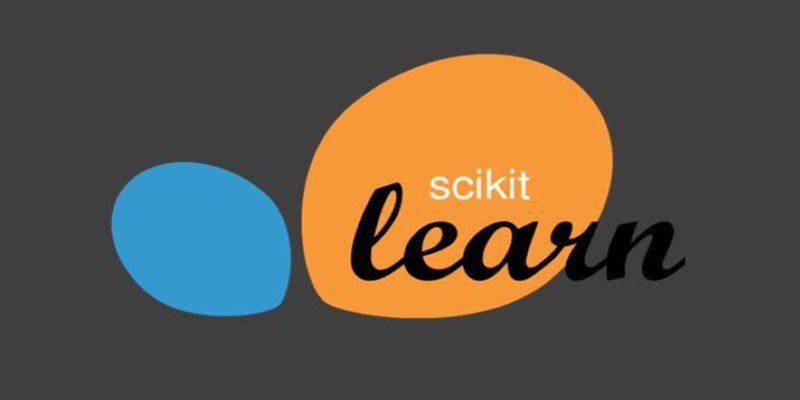
Programming is a central skill in computer science. Whether you’re writing in C++, Java, or Python, you’ll spend a lot of time learning to think computationally—breaking down complex problems into manageable, logical parts that a machine can understand and solve. If you’re interested in app development, backend systems, hardware integration, or even robotics, this is where computer science shines.
In contrast, data science blends computer skills with a heavy dose of mathematics and statistics. You're still writing code, but now you're using it to wrangle, clean, and analyze data. You might use tools like pandas, NumPy, or SQL for data handling and libraries like sci-kit-learn, TensorFlow, or PyTorch for modeling. Visualization tools like Matplotlib, Seaborn, or Power BI come into play, too—because communicating insights is just as important as finding them.
Data science requires comfort with ambiguity. Data is messy, incomplete, and often inconsistent. You need to be okay with not knowing the answer right away. Exploratory data analysis becomes a central practice—playing with data, forming hypotheses, testing assumptions, and iterating toward meaning. Statistical thinking becomes essential, especially when interpreting model outputs or validating experimental results.
You’ll also notice a difference in how these skills are taught. A computer science curriculum leans more on theory and core concepts that evolve slowly over time. Data science programs may change rapidly to keep pace with new frameworks, machine learning advances, and data privacy concerns.
In the job market, both data science and computer science offer strong opportunities—but the nature of those roles differs greatly.

A computer science graduate might become a software engineer, backend developer, cybersecurity analyst, systems architect, or game developer. These roles focus on designing, building, maintaining, and securing software and infrastructure. The work is often technical and focused on performance, reliability, and scalability.
Computer scientists are the builders. They write code that runs efficiently. They maintain massive codebases and understand how to structure a project from the ground up. They're also the ones who create the frameworks data scientists often use—whether it's Hadoop, Spark, or a custom API.
On the other hand, a data scientist might work in healthcare, finance, e-commerce, sports analytics, or marketing. Their job is to help companies make data-driven decisions. That might mean predicting customer churn, optimizing pricing strategies, improving recommendation systems, or evaluating experimental results from A/B tests.
These roles are closer to the business side. Data scientists often work with product teams, analysts, and executives. They don’t just build models—they help interpret them and explain the implications. Their success is often measured by the insights they generate and the value they add, not necessarily by the code they write.
That said, some roles blend the two disciplines. A machine learning engineer, for instance, sits somewhere in the middle. They need a system-level understanding of computer science and the modeling skills of data science. Likewise, data engineers build the pipelines and infrastructure that allow data scientists to do their jobs. These hybrid roles are becoming more common as companies mature in their data practices.
Data science and computer science may overlap, but they serve distinct purposes. One deciphers patterns in data; the other builds the systems to handle it. Your ideal path depends on whether you prefer interpreting messy information or engineering the digital tools behind it. Both fields offer strong career opportunities and are essential in today’s tech-driven world. If you’re drawn to both, you’re not stuck—you’re versatile. That blend of skills is rare, valuable, and increasingly in demand across industries.
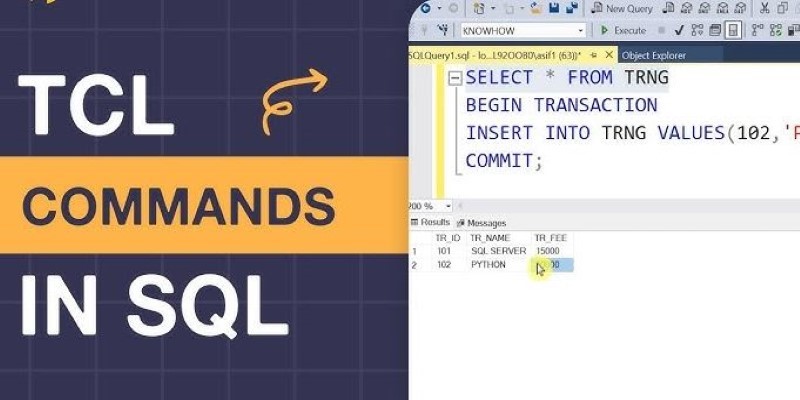
Understand how TCL Commands in SQL—COMMIT, ROLLBACK, and SAVEPOINT—offer full control over transactions and protect your data with reliable SQL transaction control
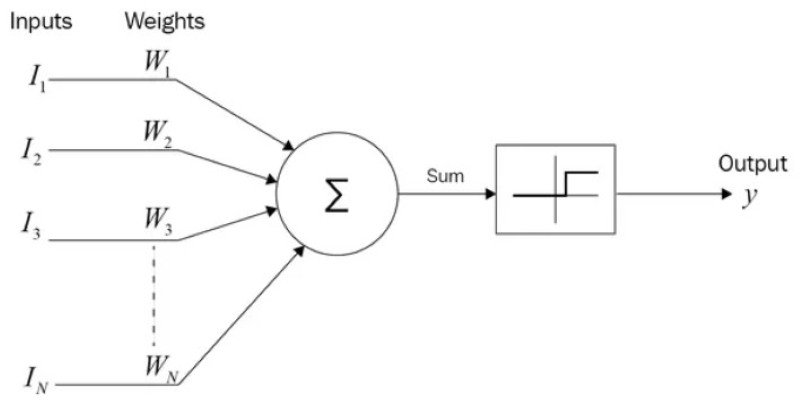
How the SUMPRODUCT function in Excel can simplify your data calculations. This detailed guide explains its uses, structure, and practical benefits for smarter spreadsheet management
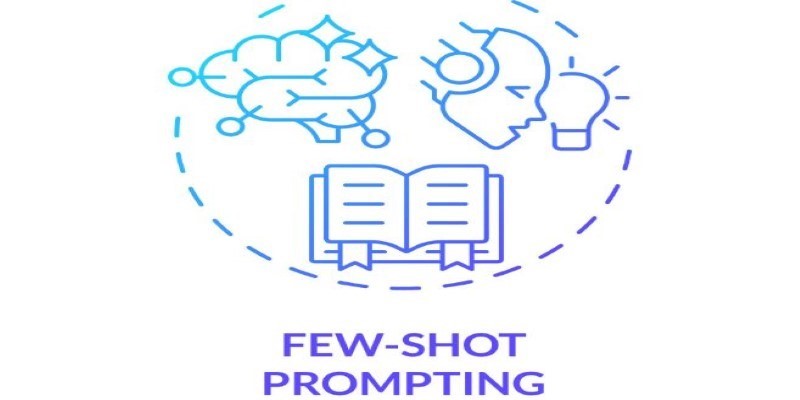
Few-Shot Prompting is a smart method in Language Model Prompting that guides AI using a handful of examples. Learn how this technique boosts performance and precision in AI tasks
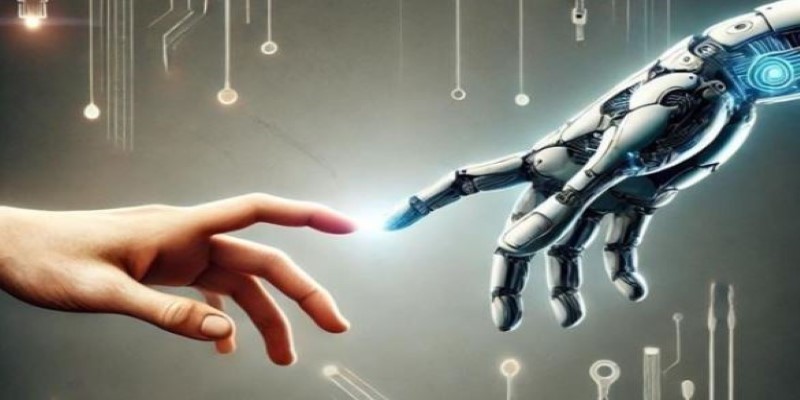
How the AI Robotics Accelerator Program is helping universities advance robotics research with funding, mentorship, and cutting-edge tools for students and faculty
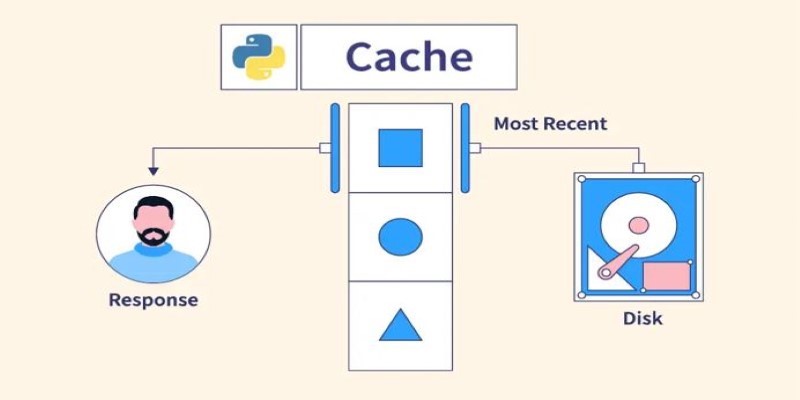
Understand what Python Caching is and how it helps improve performance in Python applications. Learn efficient techniques to avoid redundant computation and make your code run faster
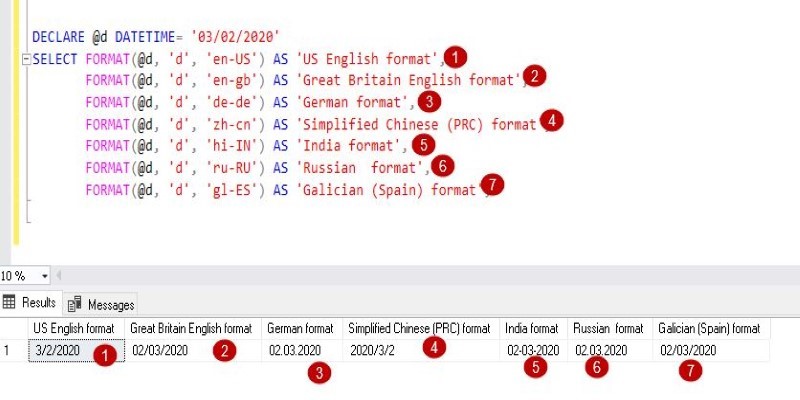
The FORMAT() function in SQL transforms how your data appears without changing its values. Learn how to use FORMAT() in SQL for clean, readable, and localized outputs in queries
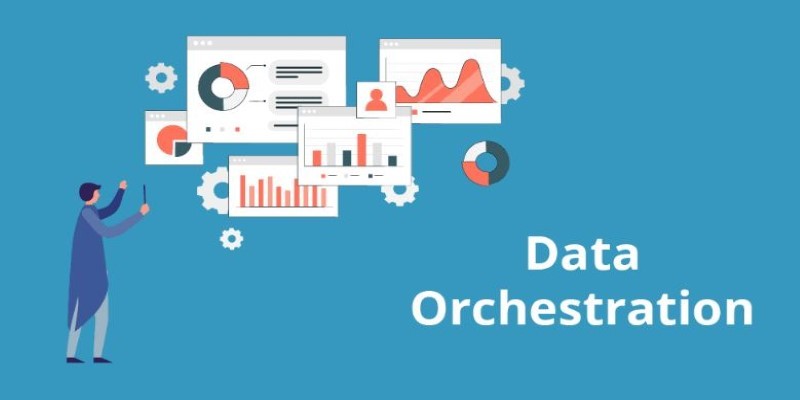
Looking for the best Airflow Alternatives for Data Orchestration? Explore modern tools that simplify data pipeline management, improve scalability, and support cloud-native workflows
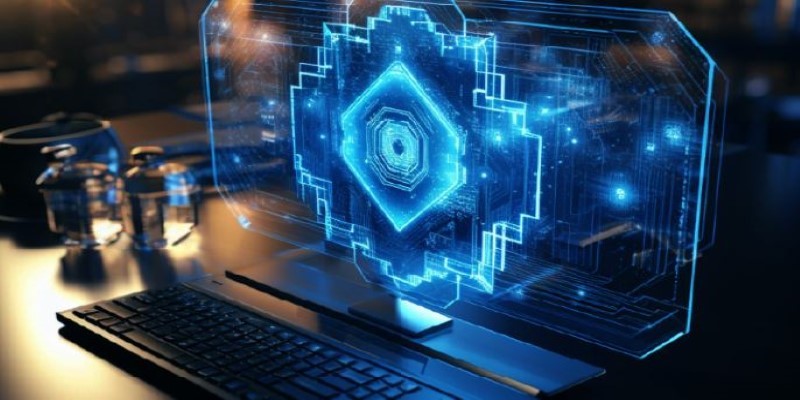
How the Chain of Verification enhances prompt engineering for unparalleled accuracy. Discover how structured prompt validation minimizes AI errors and boosts response reliability
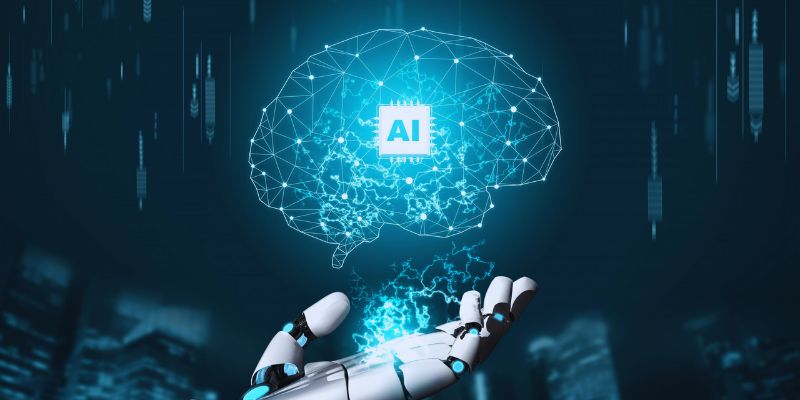
Learn how process industries can catch up in AI using clear steps focused on data, skills, pilot projects, and smart integration

Gain control over who can access and modify your data by understanding Grant and Revoke in SQL. This guide simplifies managing database user permissions for secure and structured access
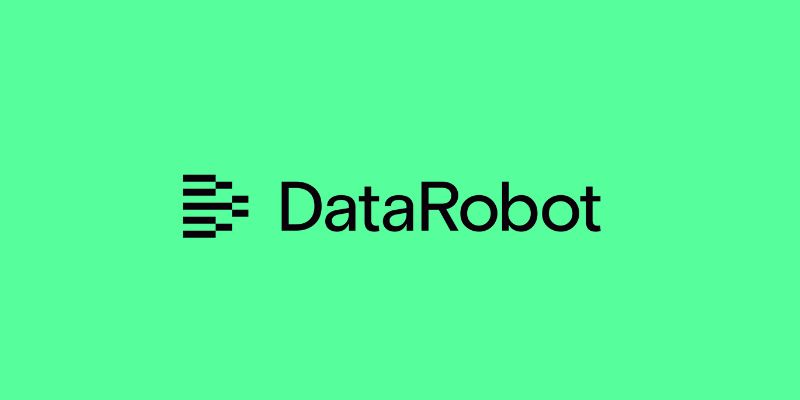
Discover how DataRobot training empowers citizen data scientists with easy tools to boost data skills and workplace success
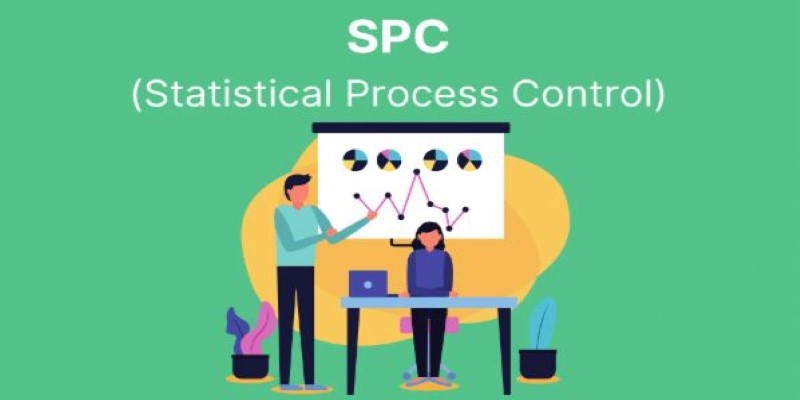
Statistical Process Control (SPC) Charts help businesses monitor, manage, and improve process quality with real-time data insights. Learn their types, benefits, and practical applications across industries